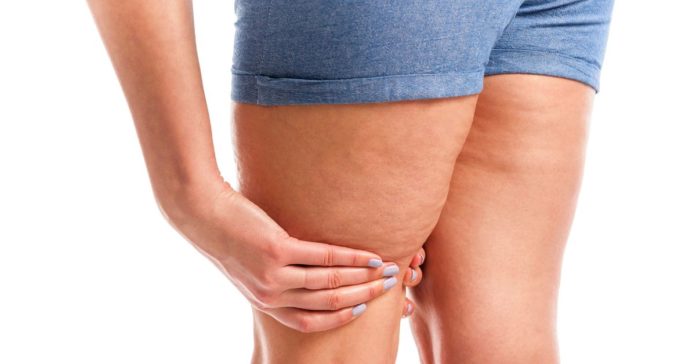Overview
Lipedema is a disease that causes accumulation of excess fat in the lower part of the body. Most often, lipedema involves the buttocks, thighs and calve.
This blog delves deep into lipedema and its natural remedies to treat the condition.
What is Lipedema?
Lipedema also called a painful fat syndrome, is a disorder caused due to excess fatty tissue deposition in the lower half of the body, commonly found in the abdomen, hips and legs. It affects almost 11% of women. Although the specific aetiology of lipedema is unknown, it’s found that a patient with a family history of the disease has a higher chance of developing it.
The condition occurs when the fat cells are unevenly distributed in the body’s lower parts, causing swelling. Lipedema is not caused by obesity but over half of patients with this condition are either overweight or obese. Dieting can help, but it can only cause loss of weight in the upper body without changing the areas affected by lipedema.
Patients with lipedema may also suffer from low self-esteem and restricted mobility.
What are the natural remedies to treat Lipedema?
With a combination of traditional treatment and natural remedies, patients with lipedema can alleviate the symptoms.
Choose a Healthy Way of Life
If the patient has lipedema, maintaining a healthy weight is critical. The patient can maintain a healthy weight by eating mindfully and engaging in regular physical activity, lowering the risk of developing lipedema-related problems.
Opt for a Healthy Skincare Routine
Lipedema patients are vulnerable to skin infection. Therefore, including a good skincare routine is critical.
Make Healthy Dietary Changes
It is essential to critically assess the patient’s food history. People with lipedema should include fruits and vegetables avoid food that contributes to weight gain.
Regular Exercise
As this condition involves irregular blood flow to the abdomen, knees, and thighs, regular exercise is needed to regulate the blood flow. Exercise, especially biking, walking and swimming are helpful for mobility and also to reduce swelling.
Lifestyle Changes
A heart-healthy diet can help slow down the progression of lipedema, especially if the person learns about their condition early on.
Decongestive Therapy and Compression Therapy
Your doctor may suggest non-invasive treatments like:
- Special wrapping techniques known as complex decongestive therapy
- A gentle form of massage/skin stretching called manual lymphatic drainage therapy
Invasive Therapies
Liposuction may be used to reduce the size of fat deposits but standard liposuction is not recommended. Wet-jet-assisted liposuction is less likely than total tumescent liposuction to cause damage to the lymph vessels and is recommended. If you have lipedema and are also obese, you doctor may recommend bariatric surgery.
Conclusion
No one can predict the onset of lipedema; however, looking after the body from a young age is essential. Eating right, exercising regularly, and consulting a doctor for any health-related issues are crucial.


















